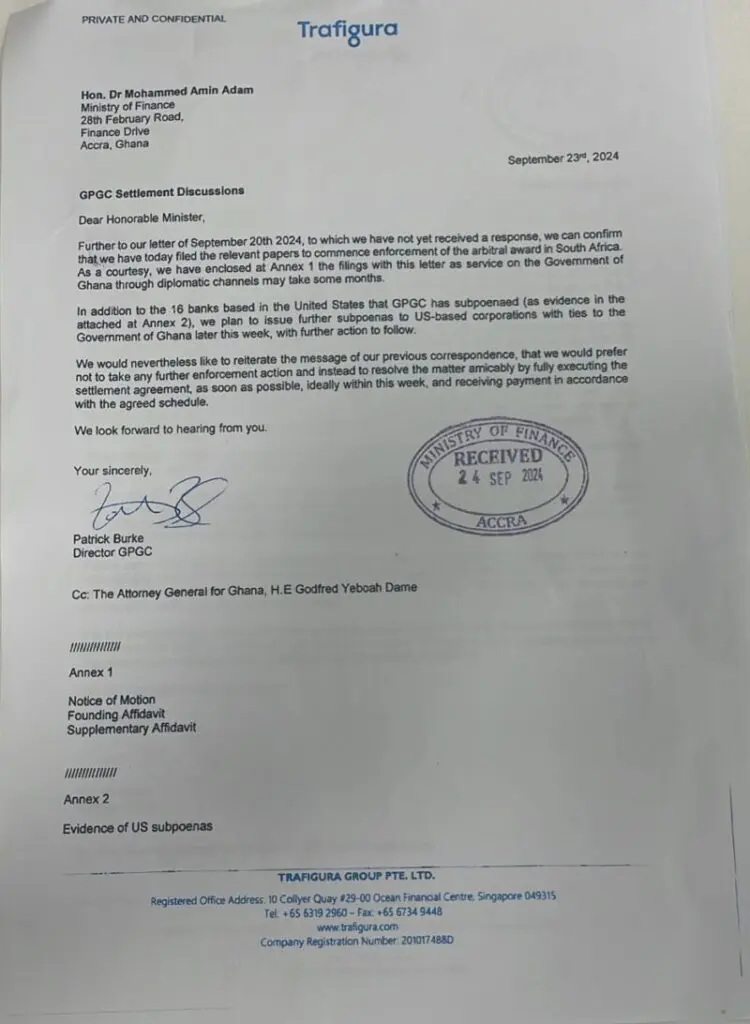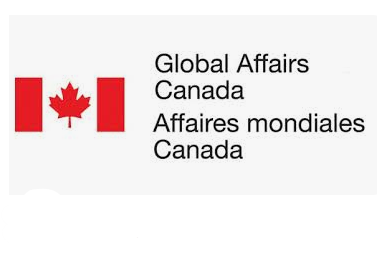Regina House in London, one of Ghana’s most important commercial assets, has already been taken over by the corporation after the government failed to pay a $134 million judgment obligation.
The termination of a power purchase agreement gave rise to this debt and a legal battle between Trafigura and the Ghanaian government.
Trafigura has been unable to get payment from the government for four years, so the business obtained a judgment from a U.S. court awarding them an additional $111.4 million in interest that has not been paid.
In its appeal, the energy company threatened legal action to reclaim the monies if the government did not comply and asked for an expedited settlement.
On September 23, the petition was delivered to the Finance Ministry, voicing dissatisfaction with the government’s inability to settle the debt after several rounds of talks.
The debt was first incurred on January 26, 2021, after a UK tribunal found that Ghana had broken its agreement when it ended its power purchase arrangement with a foreign power business, GPGC, in 2018.
GPGC was granted $134 million in damages by the tribunal, which also included interest and arbitration expense reimbursement. Ghana only made partial payments in spite of the verdict, leaving a sizable amount unpaid.
GPGC filed a lawsuit in January 2024 in the U.S. District Court, attempting to use the New York Convention to recoup the outstanding amount.
Ghana received notice of the petition but did not reply by the deadline. Citing Ghana’s commitment to international arbitration and its renunciation of sovereign immunity, the court decided in favor of GPGC.
Ghana’s efforts to pay off the debt were made more difficult by the court’s ruling, which increased the financial load on the nation by post-judgment interest.



















